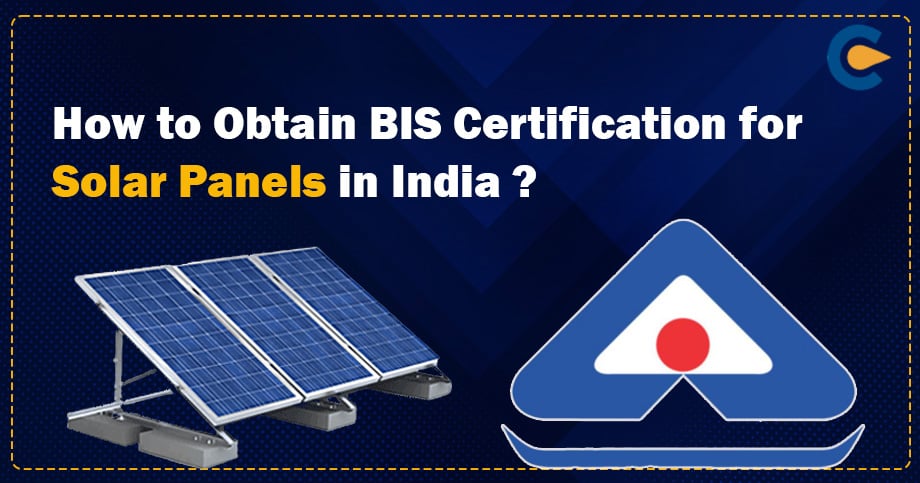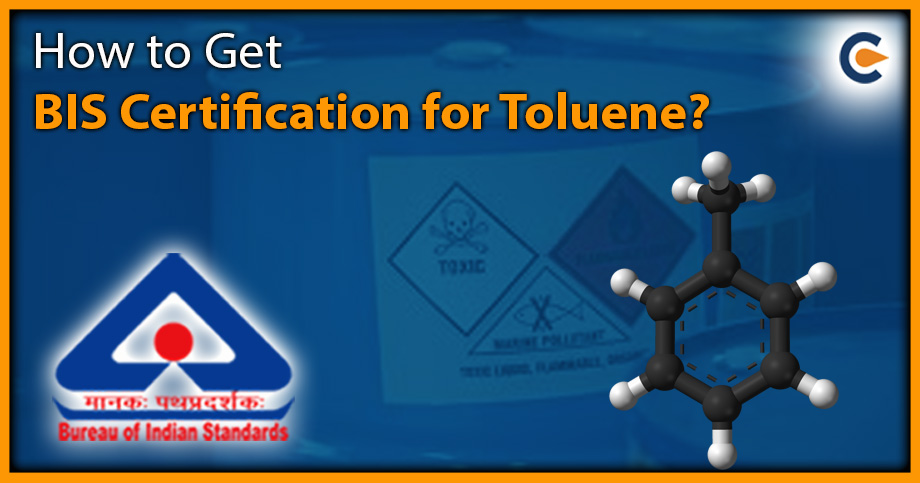Solar panels are devices used to absorb the sun’s rays and convert them into electricity or heat. A solar (photovoltaic) panel is a collection of solar cells that can be used to generate electricity by the photovoltaic effect. These cells are managed in a grid-like pattern on the floor of solar panels. The Ministry of New & Renewable Energy (MNRE)[1] announced a Compulsory Registration Scheme for solar module manufacturers under the Approved List of Modules & Manufacturers (ALMM), to reduce India’s dependence on solar-related product imports & marking India as self-reliant. On August 30, 2017, the Ministry of New and Renewable Energy (MNRE) issued an order implementing certification for solar photovoltaic devices. MNRE also directed financial institutes to favour BIS-certified solar power devices over other devices in the market. BIS certification is a voluntary choice of manufacturers. In 2019, MNRE made it mandatory to obtain BIS certification for solar cell, module and inverter manufacturers. Exemptions are made for domestic solar module manufacturers with an annual capacity of less than 50 MW until 2020. This is an addition to the quality check by the Indian Government, which is at present limited to product (BOM) testing through the Bureau of Indian Standards (BIS). In this blog, we will discuss how to obtain BIS Certification for Solar Panels in India.
Is It Necessary to Obtain BIS Certification for Solar Panels?
BIS operates the CRS (Compulsory Registration Scheme under the Scheme II of Schedule II of BIS (Conformity Assessment) Regulations, 2018. Further, under this, several guidelines have also been formed. The BIS is the national standard body that manifests the quality of the product, either of a manufacturer or brand. Further, it verifies that the product is reliable and secure for customers depending on the standards laid by BIS. BIS Certification Scheme is voluntary in nature. However, for several products, compliance with Indian Standards is made compulsory by the Central Government of India. Solar Panels are one of them. In 2019, MNRE made it compulsory for the manufacturers to obtain BIS certification for solar panels, modules & inverters. Though, there are some exceptions.
Documents Required for BIS Certification for Solar Panels in India
The following are some vital documents required to obtain BIS Certification for Solar Panels in India:
- Copy of Certificate of Incorporation
- Copy of BIS Registration or Certificate, as applicable
- Authorised Letter for authorising the authorised signatory to sign the application
- Copy of Certificates declaring Standards through Authorised labs of BIS
- Affidavit & Indemnity Bond in the prescribed format signed through Authorized Signatory & attested from Judicial Magistrate or Notary Public.
- Others Documents
Procedure to Obtain BIS Certification for Solar Panels
Following are the Steps required to get BIS Certification for Solar Panels:
Step 1: First, there would be testing & examination to ensure that your product conforms to the Indian standards.
Step 2: There would be documentation to verify that the applicant has all the required documents to fill out the application form.
Step 3: After proper documentation, the application form will be submitted along with the registration fee.
Step 4: At last, if the applicant’s product confirms the Indian Standards, then they can obtain the BIS certificate.
Consequences of Not Obtaining BIS CRS Certificate
As per the order, if any product or item doesn’t conform to the Indian Standard will not be allowed to store, manufacture for selling, distributing, or importing products. Hence, you must obtain BIS CRS Certification to sell, import and manufacture products in the Indian Market. Consequently, you need to complete the registration, documentation, examination & testing of the product by the BIS-certified laboratory.
Conclusion
According to statistics, by November 30, 2021, India was using 48.556 GW of solar capacity, but the goal was to reach 20 GW by 2022. As a result, India met its goal four years earlier than planned. Consider it this way: as solar energy is consumed more, more solar panels are used, and more solar panels are required to get a BIS certification. Before understanding the advantages of BIS certification for solar panels, let’s look at which certificates are suitable for solar panels.
Read our Article:How to Start a Solar Manufacturing Company in India?













